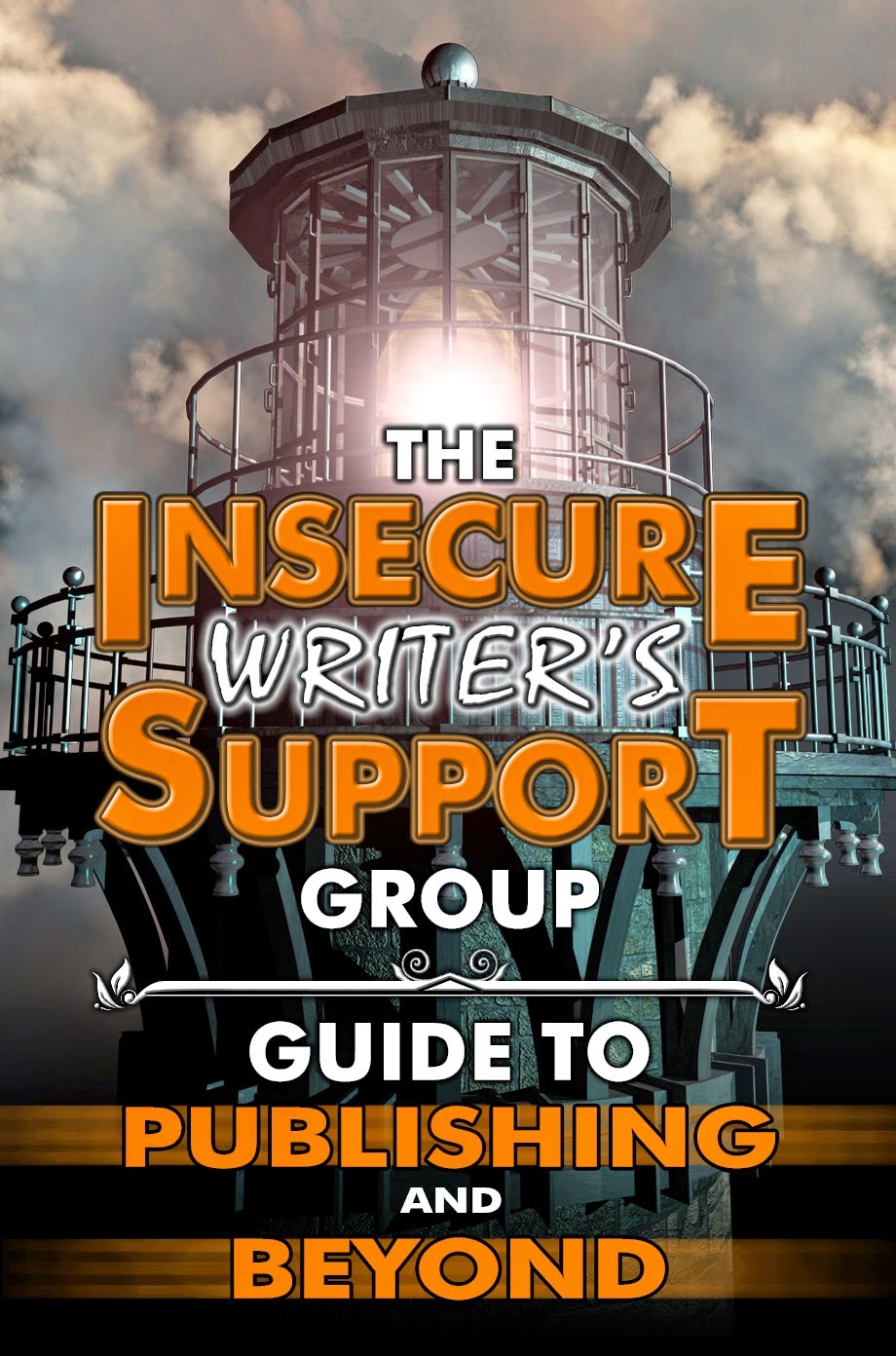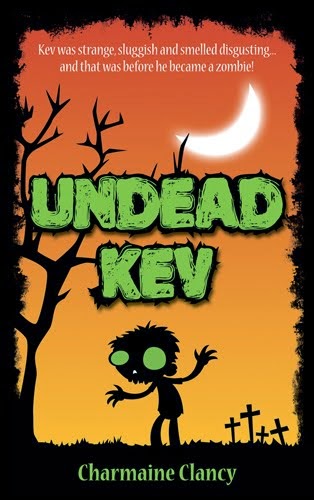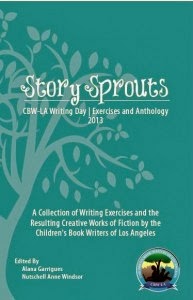When someone is reading a story they are assigning a value to what they are reading. This value can be anywhere from ‘I have absolutely no interest in this’ to ‘I have to know what happens next, sleep be damned’. Obviously you want them to be nearer one end of the scale than the other.
While it’s impossible to have a story where the reader’s engagement is turned up all the way to 11 from beginning to end, there are ways to help you get the most out of a scene, no matter what the premise might be.
Action, conversation, or even a familiar set up that’s been written about a zillion times before— they can all be vastly improved if the reader actively wants to know what’s going on. And there are ways you can help nudge them in that direction.
Often, when advice is given on how to improve a story, it is presented in the manner of a tutorial manner. Do more of this, less of this, this way is good, this way is bad. A lot of this comes down to wanting to be concise and get to the point, but it can lead to a lot of very similarly structured stories that end up feeling formulaic.
Your first priority should be to your own creativity. Whatever strikes you as interesting, wherever your imagination suggests you go, that’s what you should pursue.
That doesn’t mean it will be any good. It’s a process that takes time and you will eventually take out things you used to think were essential parts of the story. But trying to second guess yourself and write to a pre-approved template isn’t much fun.
If, for example, you think it would be good to start a story with an introduction of the main character, you might find, once it’s on the page, it feels a bit slow and not particularly interesting. The reader doesn’t know who this person is or what they’re going to do, but they’re expected to absorb all this information about them.
Imagine you’re in a park and you see a man under a tree. Up in the tree is a child, stuck. The man is trying to coax the kid down. You go over to help. How interested are you in who this man is, where he lives, what his employment background is?
You don’t need to know, and generally, other than for the sake of politeness, you aren’t interested. You help get the kid down and you go on your way.
This would seem to be me advocating for not bothering to give the reader details they don’t need. But just because they don’t need it doesn’t mean you can’t give it to them, if it happens to strike your fancy. The reader might not care all that much, but they aren’t going to throw the book down in disgust because your opening lines are:
Jack Brown, a 31 year old father of three, stood under a tree in the park, trying to convince his youngest son to jump down from the branches he’d managed to climb up into. Climbing down wasn’t proving to be so easy.
Does the reader have a burning desire to know how old Jack is? Probably not, but if I want to tell them, for whatever reason, I certainly can. But can I boost their interest if I wanted to?
Consider the same scenario, but suddenly a man in a cape flies down and plucks little Timmy out of the sky and returns him to his father. Do you want additional background on this guy?
The thing is we all have a general sense of curiosity, but we also have a sense of expectation. I may not know the personal details of the man under the tree, but I have a rough idea of the kind of information he might reveal to me. He lives in a house or a flat, he has a wife, or he’s divorced, he has a job, or not. I don’t know the specifics but I expect them to fit into my past experiences.
And, of course, I could be totally wrong. He might have the most amazing history and if I gave him the time he could tell me some things that would blow my mind. But probably not.
Unless we are give some indication otherwise, we assume the norm. And most of the time we turn out to be right, so our level of interest is low.
The man in the cape, on the other hand, clearly doesn’t fit into our preconceived ideas of what’s normal. His story is going to be something different and that increases our level of interest.
That doesn’t mean you have to go to fantastic extremes to grab a reader’s attention. If you went over to the guy under the tree and he spoke with a strong Swedish accent, that could also affect the level of interest, especially if the story took place in a remote part of Scotland. If the story took place in Sweden, not so much.
By being aware of what the reader expects, whether they’re are going to be told something that falls within their realm of experience or not, you can manipulate that level of interest, both in small and large ways.
Being able to judge this scale, and use it to your advantage, isn’t always obvious and you may not always get it right. If you think Marsha looks 20 and she’s actually 21, there’s not much to be gained from correcting you. If she’s 47, it might be worth mentioning. But if she’s 26?
You have to use your own judgement. but being aware of this ability to increase interest is very helpful when it comes to writing scenes that feel obvious, familiar or info-heavy.
Getting the reader to want to know, even in a small way, isn’t just good in the immediate moment, it can also have a snowball effect where one thing leads to another and the level of interest quickly escalates. At the same time though, it’s also possible to cheat, and if you’re caught cheating you can easily lose any momentum you’ve gained.
For example, if two boys at the back of a classroom are having this conversation:
“You sure the security cameras will be off?”
“For sure. I got the codes, we just have to avoid the guards.”
Here you are trying to get the reader to be curious about what’s going on. They’re planning something suspicious but it’s not clear what. This kind of mystery set-up can work in terms of piquing the reader’s interest, but essentially you’re focusing on the question, not the answer.
Having no idea what’s going on will pull a reader in to some extent, but you have to keep it up or otherwise once you reveal what it is, the interest can fade very quickly. For example, if it turns out the boys are talking about a video game they plan to play that evening, the reader would probably lose the curiosity they had built up.
Alternatively, if they had this conversation:
“You sure the security cameras will be off?”
“For sure. I got the codes off my Dad’s computer. The bank’s never had any kind of break in, so they use the same system they’ve used for years.”
It becomes clear these schoolboys are planning to break into a bank for real. This isn’t what you expect of kids, so why are they doing it? How? What makes them think they can get away with it?
Because it’s outside of what you would expect, all sorts of details become much more interesting.
On the other hand, imagine the same sort of conversation between two burly men in basement, standing over a blueprint of a bank.
Now that they’re two professional thieves planning a heist, the details of their personal lives become less interesting. It’s still a dramatic situation and can be great material for a story, but because it’s more in line with what you expect, you won’t be particularly surprised by the whys and wherefores. You don’t know the exact reasons why they’re robbing a bank, but you have a rough idea.
And, again, you could be totally wrong. They might have a very unusual reason for the robbery. But without any indication of that, the reader will default to assuming to it being pretty much what they’ve seen before.
This can be changed very simply. If it becomes clear that these men aren’t breaking into the bank to take money out, but to put a large amount of money in, then who they are, why they would want to do that, what brought them to this point all take on a lot more value for the reader.
Even though just about every story is probably not going to be about normal,everyday things, letting the reader know that in a definitive way by giving a clear indication within a scene is what snaps them out of their tendency to assume it is.
It’s very possible, even common, that as a reader progresses through a story, they will discover stuff that they will find interesting and engaging. After they find it out.
If, however, you present the story in a way they aren’t expecting, they will be interested and engaged before they find out the answers, and hopefully even more so afterwards.
If you found this post useful, please give it a retweet. Cheers.





























































































231 comments:
«Oldest ‹Older 401 – 231 of 231 Newer› Newest»
«Oldest ‹Older 401 – 231 of 231 Newer› Newest»